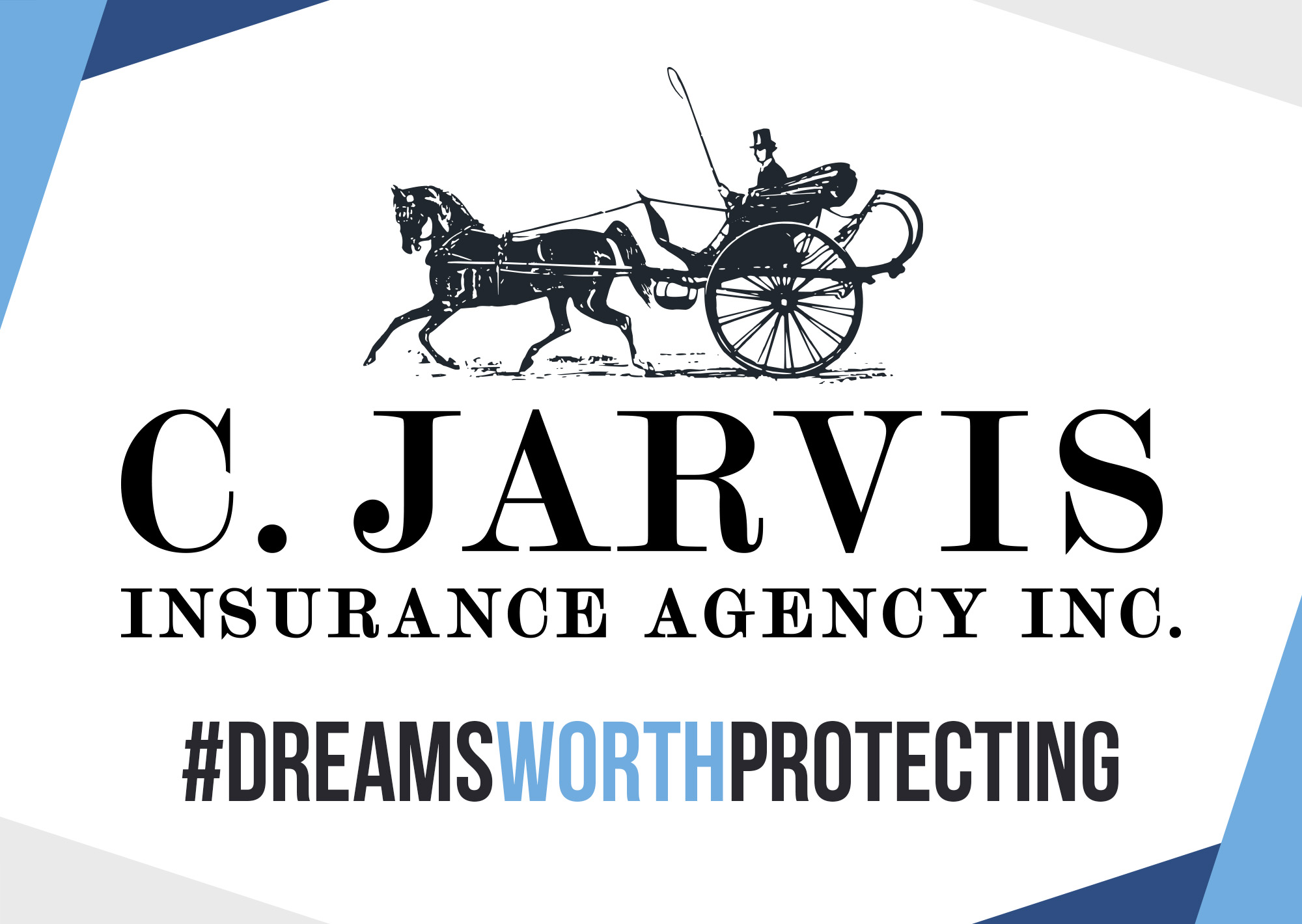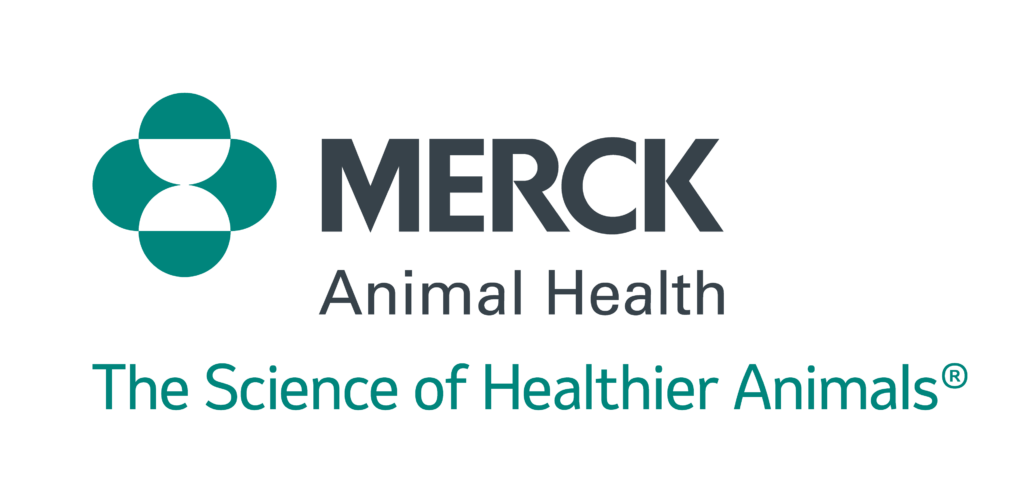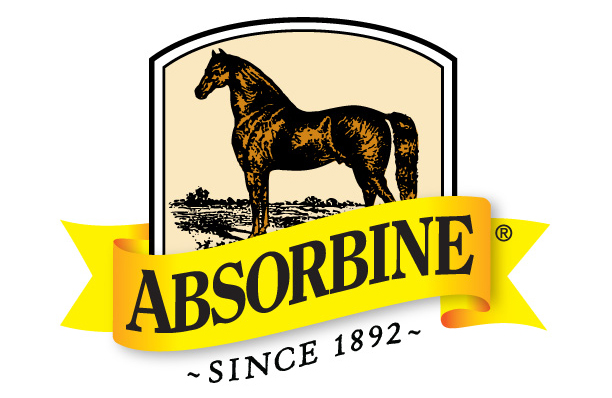The AHC is the only national association exclusively representing every segment of the vast equine industry here in Washington, DC.
Animal Welfare
(Updated 04.10.2024)
Horse Protection Act
The Prevent All Soring Tactics (PAST) Act, H.R. 3090, has been reintroduced in the House of Representatives by Representative Brian Fitzpatrick (R-1-PA) along with 240 co-sponsors. H. R. 3090 would strengthen the Horse Protection Act, banning the use of devices commonly used to inflict pain on horses, eliminating the current system of industry self-policing, and increasing penalties for violators. AHC is actively supporting the passage of H.R. 3090.
Senators Mark Warner (D-VA) and Mike Crapo (R-ID) introduced a Senate companion bill to H.R. 3090. S. 4004 has 48 co-sponsors and has been referred to the Senate Committee on Commerce, Science, and Transportation.
There is also an alternative to H.R. 3090. Congressman Scott DesJarlais (R-TN-4) introduced H.R.2648 which would amend the Horse Protection Act to provide increased protection for horses participating in shows, exhibitions, sales, and auctions, and for other purposes. However, this bill, replaces a requirement for the Department of Agriculture to prescribe regulations governing the appointment of inspectors with a requirement for the Horse Industry Organization, which is established by this bill, to appoint inspectors.
Combating Illicit Xylazine Act
Xylazine, a sedative used by veterinarians, is being diverted and used by drug dealers to enhance the effects of opioids. Congress is addressing this issue with legislation. S. 933 would enhance law enforcement efforts to investigate and prosecute xylazine trafficking while maintaining veterinarians’ ability to use xylazine legitimately. According to the Drug Enforcement Agency, xylazine is being used as an adulterant in an increasing number of illicit drug mixtures and has also been detected in a growing number of overdose deaths. It is commonly encountered in combination with fentanyl but has also been detected in mixtures containing cocaine, heroin, and a variety of other drugs. AHC joins the American Veterinarian Medical Association and the American Association of Equine Practitioners in supporting these measures.
Save America’s Forgotten Equines Act (SAFE Act)
Legislation to prohibit horse slaughter has been introduced. H. R. 3475, a measure to amend the Agriculture Improvement Act of 2018 to prohibit the slaughter of equines for human consumption, was introduced by Representative Vern Buchanan (R-FL-16) and Co-sponsored by Representative Jan Schakowsky (D-IL-9). H.R. 3475 has been referred to the Committee on Agriculture. The bill has bi-partisan support with 221 co-sponsors. AHC has no formal position on this legislation as its members both support and oppose the bill.
AHC, through its affiliate the United Horse Coalition, provides resources for individuals and groups involved in horse welfare programs. The United Horse Coalition promotes humane care and responsible ownership. It also provides resources for re-homing horses through adoption programs, rescue organizations, and sanctuaries.
Equine-Assisted Activities and Therapy (EAAT)
Since Fiscal Year (FY) 2018, the horse industry has supported increased federal funding of Equine Assisted Services (EAS) programs to promote veteran health.
AHC is working with its members that provide EAS services to ensure adequate funding and accessibility for these important services.
For more information on EAS, contact PATH International and Horses for Mental Health.
Federal Lands
Federal Lands
In 2020, Congress passed, and President Trump signed the “Great American Outdoors Act.” The law has two major components, fully and permanently fund the Land and Water Conservation Fund (LWCF) at $900 billion per year and providing $9.5 billion over five years ($1.9 billion annually) to address a maintenance backlog at American national parks. The law is heralded as the “most significant conservation legislation (enacted in nearly a half a century). Along with the Great American Outdoors Act, the American Horse Council continues to advocate for passage of legislation that will increase access to public trails for equine enthusiast.
Most recently, S. 873, A bill to improve recreation opportunities on, and facilitate greater access to Federal public land, and for other purposes has been introduced in the 118th Session. This legislation is a follow-on to what was negotiated at the end of the 117th Session. Senator Manchin (D-WV) is the sponsor. S. 873 was reported out of Committee with language to protect legacy horseback access on newly developed or identified long-distance biking trails: “Prior to any trail identification, the Secretaries are required to ensure that identification would not conflict with an existing use of a trail or road, including horseback riding. This section further requires the Secretaries to issue a report that lists the trails identified under this section.”
The American Horse Council will keep members up to date.
Guest Worker Visas
Guest Worker Visa Reform
The equine industry relies on two major guest worker programs managed by the Department of Homeland Security (DHS), specifically the H-2A and H-2B programs. H-2A addresses agricultural workers. H-2B visas are granted to foreign non-agricultural temporary workers. These are complicated programs to access and are becoming increasingly expensive to utilize.
Members of the 118th Congress are considering several measures to reform, streamline, and expand these guest worker programs. AHC has offered its support to several legislative initiatives that are currently in play, including:
A Bipartisan Working Group created by Chairman Thompson (R-PA-15) and Ranking Member Scott (D-GA-13) of the House Committee on Agriculture. The working group will:
- Seek input from stakeholders, employers, and workers, particularly emphasizing the H-2A visa program for nonimmigrant agricultural workers;
- Produce an interim report detailing the program’s shortcomings and the impacts on food security, and;
- File a final report with recommendations to address the flaws within the program.
AHC is contacting members of the Working Group to offer input from the perspective of the equine industry for both the H-2A and H-2B programs.
Legislation to streamline temporary work visa programs, specifically H-2A and H-2B has been introduced by Representative Tony Gonzales (R-TX-23) and co-sponsors Representatives Cuellar (D-TX-28), Vicente Gonzalez (D-TX- 34), Juan Ciscomani (R-AZ-6), Stephanie Bice (R-OK-5), Jeff Van Drew (R-NJ-2), James Moylan (R-Guam), Mike Lawler (R-NY-17), and Chris Pappas (D-NH-1).
The H-2 Improvements to Relieve Employers (HIRE) Act proposes to expand H-2A/H-2B labor certification period to three years and permanently authorize waiving the in-person interview requirement for returning H-2A/H-2B workers.
AHC supports this measure with the American Farm Bureau Federation, U.S. Chamber of Commerce, U.S. Hispanic Chamber of Commerce, Americans for Prosperity, National Horsemen’s Benevolent & Protective Association, U.S. Trotting Association, and the H-2B Coalition.
There is also significant progress in expanding the cap on returning workers under the H-2B program through the appropriations process. The House Appropriations Committee passed the FY 2024 Homeland Security appropriations, which would exempt from the 66,000 cap H-2B returning workers who were issued an H-2B visa during one of the previous three fiscal years. The Senate is expected to add cap relief to the appropriations bill moves as it moves to the Senate floor. This is a positive development because the House and Senate Appropriations Committees are on record supporting the H-2B cap relief in the bill.
Recreation and Trails
 Loading...
Loading...
New U.S. Forest Service Guidance on Use of Equestrian Campsites
(Washington D.C.) At the prompting of the equine community, last month the Forest Service national office circulated a memo to all national forests and national grasslands titled “Recommended Best Practices for Managing Stock Use Sites at Developed Campgrounds.” A copy of that memo can be found here.
The problem of occupied horse camps escalated across the nation during the COVID pandemic, when many families and others chose close-to-home vacations in favor of long-distance travel. The Forest Service memo describes well the implications to stock users of this growing problem.
The American Horse Council would like to encourage equine organizations, such as local clubs, state horse councils and others, to review this memo and, importantly, to use it as a reason to schedule a meeting with personnel at your local national forest to assist you to achieve the following objectives:
- Ensure the memo was received by the local Forest Service office,
2. Discuss with forest staff the magnitude of the problem locally and the memo’s relevancy and implications, and
3. Come to agreement on what adjustments in the management of equestrian campsites within Forest Service jurisdiction might be implemented in order to communicate to the public the need to prioritize equestrian campsites for use by parties with stock.
Back Country Horsemen of America (BCHA) and its allies have developed a Horse Camp Incident Report form for campsite users to capture and record incidents where parties without stock are occupying Forest Service equestrian campsites. The purpose of the form is to collect data should we need to make the case for new regulations to prevent parties without stock from occupying equestrian campsites. The form may be found here
For more information contact info@horsecouncil.org
And remember:
· Always be courteous to other campground users. It’s likely that any party without stock has occupied an equestrian campsite because regular campsites were already taken or reserved.
· Remember, it’s not illegal for others to camp in an equestrian campsite. Plus, some folks might not know the difference between an equestrian and regular campsites or why their occupancy of an equestrian campsite might force equestrian campers to travel far distances in order to find a legal campsite—if not forced to return home, an outing ruined.
· If you end up speaking with such parties, use these talking points to educate them about the scarcity of legal campsites for equestrian use and what happens when parties without stock occupy equestrian campsites.
Federal Lands
In December 2021, the Sente Energy and Commerce Committee held a hearing on a package of federal land, recreation bills. More specifically, the bills included –
- S. 1229, to modify the procedures for issuing special recreation permits for certain public land units, and for other purposes (Simplifying Outdoor Access for Recreation Act).
- S. 1269, to require the Secretary of the Interior and the Secretary of Agriculture to complete an interagency report on the effects of special recreation permits on environmental justice communities, and for other purposes (Environmental Justice in Recreation Permitting Act).
- S. 1616, to provide exceptions from permitting and fee requirements for content creation, regardless of distribution platform, including digital or analog video and digital or analog audio recording activities, conducted on land under the jurisdiction of the Secretary of Agriculture and the Secretary of the Interior (Federal Interior Land Media Act).
- S. 1874, to promote innovative approaches to outdoor recreation on Federal land and to increase opportunities for collaboration with non-Federal partners, and for other purposes (Recreation Not Red Tape Act).
- S. 2258, to direct the Secretary of the Interior to establish a Parks, Jobs, and Equity Program to support job creation, economic revitalization, and park development for communities impacted by COVID–19 (Parks, Jobs, and Equity Act).
- S. 2886, to amend title 54, United States Code, to authorize the donation and distribution of capes, horns, and antlers from wildlife management activities carried out on National Park System land (Cape and Antler Preservation Enhancement Act).
- S. 2887, to codify the existing Outdoor Recreation Legacy Partnership Program of the National Park Service, and for other purposes (Outdoors for All Act).
- S. 3264, to require the Secretary of the Interior and the Sectary of Agriculture to develop long-distance bike trails on Federal lands, and for other purposes (the Bike Over Long-distance Trails Act).
- S. 3266, to improve recreation opportunities on, and facilitate greater access to, Federal public land, and for other purposes (Outdoor Recreation Act).
The American Horse Council will keep members up to date.
Sports Betting
There are 34 states where sports betting is legally offered through online or retail outlets
The growing interest in expanding gaming to other equine sports disciplines in addition to traditional horse racing has resulted in guidance from the United States Equestrian Federation (USEF).
The USEF Board of Directors issued a Formal Policy on Sports Betting and Preventing Manipulation of Competition. The Prevention of the Manipulation of Competition went into effect December 1, 2022.
According to the USEF, fantasy games and betting on equestrian sport are growing in popularity, and this Policy mitigates risks that could compromise the integrity and essence of sport. Below is a short summary of the policy, including when and to whom it applies.
What is prohibited?
Under the policy, all competition manipulation is strictly prohibited. Violations of this policy include, but are not limited to:
- Betting money (or items of monetary value) on a competition by Participants of that Competition;
- Improper use of insider information by Participants, whether the Participant uses the information themselves or discloses it to an outside person/entity;
- Giving and/or receiving a benefit in exchange for inside information, whether or not the inside information is actually exchanged;
- Participant(s) acting with the intention to lose a Competition or part of it, or perform less than optimally (ex: “throwing a match”);
- A Participant engaging in Match Fixing or Manipulating a Competition or encouraging any other Participant to match fix or otherwise manipulate a competition; and
- Failure to cooperate with USEF investigation into possible violations of this policy.
Who is required to comply?
Any person belonging to one of the following categories is required to comply with the Policy:
- Athletes participating in a Competition;
- Athlete support personnel working with or treating Athlete(s) or horses participating in or preparing for Competition (and all other persons working with the Athlete(s) and/or horses);
- Owners, shareholders, or interested parties in a horse in a competition;
- Officials – includes licensed officials, any licensee, manager, or secretary of a Competition, any other Competition staff or those with an ownership interest in the Competition;
- Those serving as volunteers or paid staff of the Federation or a Recognized Affiliate Association.
What happens when a violation occurs?
A violation or an attempted violation by a Participant may be investigated by USEF and subject to disciplinary proceedings pursuant to Federation Bylaws Part VII and General Rules Chapter 7.
Participants in FEI events are further reminded that FEI has adopted its own Code on the Prevention of the Manipulation of Competitions and covered participants are required to abide by the FEI Code in addition to USEF policy.
Tax
The 118th Congress has several tax-related measures under consideration that would bring clarity, stability, and fairness to those engaged in the equine industry. Below are several bills that the American Horse Council supports:
Equine specific taxes
The Race Horse Recovery Act of 2023 and The Racehorse Tax Parity Act. The Race Horse Recovery Act amends the IRS code to modify the accelerated depreciation allowance for race horses to allow a three-year recovery period for any race horse. (Current law limits the three-year recovery period to race horses placed in service before January 1, 2022, and race horses placed in service after December 31, 2021, that are more than two years old at the time they are placed in service.) The Racehorse Tax Parity Act would reduce the holding period for equine assets to be considered long term capital gains, putting them on a level playing field with other similar assets.
These bills were introduced by Representative Andy Barr (R-KY-6) and co-sponsored by Morgan McGarvey (D-KY-3).
Estate Tax
The “death tax” places a unique burden on the families of small business owners, farmers, and ranchers who inherit assets from deceased relatives. Because these enterprises operate with mostly illiquid assets, families are forced to sell land, livestock, assets (which have already been taxed) to pay the federal tax bill.
The Death Tax Repeal Act of 2023, introduced by Senator Thune (R-SD) eliminates the estate and generation-skipping transfer taxes. Under present law, the estate of a decedent who, at death, owns assets more than the estate tax exemption amount—or $12.92 million in 2023—must file a federal estate tax return.
Permanently Repeal the Estate Tax Act of 2023, H.R. 338 would repeal the federal estate tax, effective for estates of decedents dying after December 31, 2022. This bill was introduced by Representative Robert Latta (R-OH-5).
Other measures
- Res 237 is a measure “Recognizing the importance of stepped-up basis under section 1014 of the Internal Revenue Code of 1986 in preserving family-owned farms and small businesses.” This resolution supports the preservation of the stepped-up basis tax rule that allows recipients of inherited assets such as land, equipment, or buildings to adjust the cost basis of the assets to reflect their fair market value. The resolution opposes any efforts to impose new taxes on family farms or small businesses and recognizes the importance of generational transfers of farm and family-owned businesses. This resolution was introduced by Representative Tracey Mann (R-KS-
Legislation introduced by Representatives Kat Cammack (FL-R-03) and Jimmy Panetta (CA-D-19) would help farmers and ranchers coping with natural disasters. The Fair Access to Agriculture Disaster Programs Act, H.R. 4127 would waive the current adjusted gross income (AGI) limitations that block access to agricultural disaster assistance.
Next up on the agenda for tax and spending is House legislation to address the looming expiration dates of many of the Trump Administration’s tax breaks. The House is already moving on a package of tax measures that would restore lapsed tax breaks for businesses and expand the standard deductions.
Representative Jason Smith (R-MO-8), Chair of the Ways and Means Committee introduced a package of three bills under the title of the American Families and Jobs Act. The three measures: Tax Cuts for Working Families Act (H.R. 3936), the Small Business Jobs Act ( H.R. 3937), and the Build It in America Act (H.R. 3938). Smith said the impetus for these measures came as a result of field hearings conducted by the Committee.
Elements of the bill include extension of full business expenses for equipment and machinery, repeal of the 1099-K form reporting threshold of $600 along with other changes to the Form 1099 requirements, repeal of certain green energy tax subsidies, increased standard deductions, creation of Rural Opportunity Zones in low-income rural areas, and imposition of an excise tax on the purchase of farmland by citizens of “countries of concern.”
Although the American Families and Jobs Act passed out of the Ways and Means Committee it is not expected to be adopted in the Senate. Rather, pieces of it will likely be included in an anticipated bi-partisan tax package to be considered later in the year.
Other Legislative
Name, Image, Likeness Guidance for NCAA Equestrian Athletes
In a memorandum last year, NCAA President Mark Emmert informed and updated the members of the NCAA of the ongoing issues of name, image, and likeness (NIL). The NCAA has been working to create new rules to allow student-athletes to be compensated for NIL activities while preserving the elements of college athletes. Many states have enacted NIL legislation, and the NCAA has urged Congress to create a single, national law regarding NIL. Several bills have been introduced in the 117th Congress however, there has been no movement on the legislation. Last year, the Supreme Court ruled that there should be no limits on compensation to student-athletes with regard to NIL.
What this means for NCAA equestrian athletes. The issue centers around “education-related benefits” related to compensation for NIL to student-athletes (i.e.: laptops, paid post-graduate internships, tutoring, studying abroad, etc.). The NCAA issued a “Collegiate Equestrian NIL Guidance” and important components all equestrian athletes need to keep in mind. The American Horse Council continues to track and monitor the issue and will keep members, the industry, and student-athletes up to date.
- Department of Agriculture (USDA) funding – Foreign Agricultural Service (FAS)
- Department of Agriculture (USDA) funding – Animal Plant and Health Inspection Service (APHIS)

















